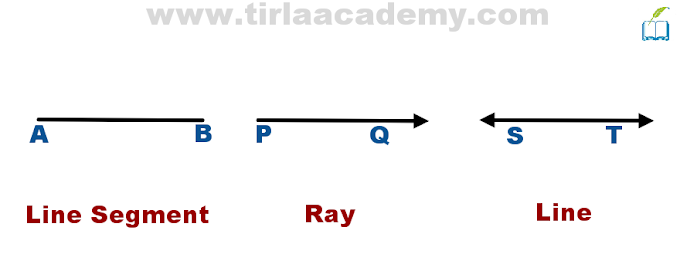“Mistakes aren’t failures — they’re stepping stones to growth.”
When a student stumbles, it’s easy to feel frustrated, embarrassed, or even defeated. But students with a growth mindset see mistakes very differently. Instead of viewing errors as signs of weakness, they see them as powerful learning tools. And that mindset can make all the difference.
So, how do students with a growth mindset really view their mistakes — and why does it matter?
What Is a Growth Mindset?
Before diving in, let’s define what a growth mindset is. Coined by psychologist Carol Dweck, a growth mindset is the belief that intelligence, abilities, and talents can be developed through effort, learning, and perseverance.
In contrast, a fixed mindset assumes these traits are unchangeable — that you're either good at something or not, smart or not.
Mistakes Are Opportunities, Not Setbacks
Students with a growth mindset don’t fear making mistakes. In fact, they welcome them. Here’s how they interpret them:
- “I’m learning.” They understand that mistakes are a natural part of progress.
- “I can improve.” Each error gives them feedback on what to do differently next time.
- “This doesn’t define me.” They separate self-worth from performance.
- “What can I do better?” They focus on problem-solving, not self-blame.
Why This Mindset Leads to Success
Growth-minded students are more likely to:
- Take on challenges: They don’t avoid difficult tasks for fear of failing.
- Stay resilient: When they fall, they get back up — often stronger.
- Seek feedback: They value constructive criticism instead of feeling attacked.
- Persist longer: Their focus is on improvement, not perfection.
This mindset not only boosts academic success but also builds emotional strength and long-term motivation.
How to Develop a Growth Mindset Toward Mistakes
If you’re a student (or supporting one), here are simple ways to shift how mistakes are viewed:
-
Celebrate the effort, not just the outcome.
Trying hard matters just as much as getting the answer right. -
Reflect, don’t regret.
Ask: What did I learn from this mistake? What will I do differently? -
Use “yet” statements.
“I don’t understand this... yet.” That one word opens the door to growth. -
Avoid harsh self-talk.
Replace “I’m bad at this” with “I’m working on this.” -
Be curious, not critical.
Instead of shaming a mistake, explore why it happened.
Final Thoughts
Mistakes can feel uncomfortable — but with the right mindset, they can become your best teachers. Students with a growth mindset don’t fear being wrong. They use mistakes as feedback, adjust their approach, and keep going.
And that’s the mindset that fuels not only school success but lifelong growth.





